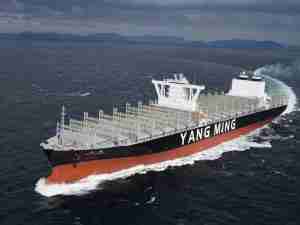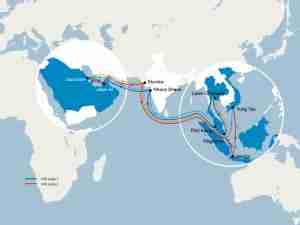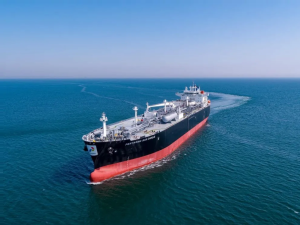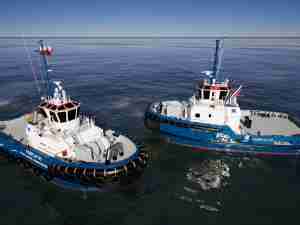However, Precious Shipping -- which manages 21 dry bulk carriers and charges its customer on a daily basis -- is unlikely to be significantly impacted by the weakening freight market as it has already booked a quarter of its vessels through 2013, said Khalid Hashim, the managing director of the Thai-listed firm.
The Baltic index, which gauges the cost of shipping dry commodities, including iron ore, cement, grain, coal and fertiliser, has fallen around 10 percent so far this year.
Hashim told Reuters his outlook for the index was "very negative", forecasting the benchmark index could slide to levels not seen for nearly a quarter of a century.
"If you look at the index in historical terms, the lowest it hit was 554 points in the mid-80s, then it came down to 663 in December 2008, it could come to somewhere close to this type of number," Hashim said on the sidelines of an industry conference.
Hashim said one of the biggest concerns for the industry was weakening demand from China, the world's second largest economy.
The Chinese government has imposed measures to slow down its red-hot property market, which threatens to slash demand for steel-making ingredients such as iron ore.
"China is trying to slow down the real estate market because it is creating a bubble. That is going to have an impact on the dry bulk market," the 57-year-old executive said.
Fleet Renewal
The company is trying to boost the number of its vessels to 65 by 2013 or 2014, after disposing around 33 ships in recent years as part of its fleet renewal program.
It has contracted around half of its fleet for 2011 at nearly $15,000 per vessel, up from an average of $12,035 in 2010. But Hashim said the average rate for 2011 may slip due to the weak market.
Last month, Precious Shipping reported a 79 percent fall in its second-quarter net profit, mostly due to smaller number of vessels in operation.
Hashim said the company has $180 million cash on its balance sheet and another $450 million credit line, which could be used to buy new ships. It has ordered 21 new ships to be delivered by 2013 and was looking to buy another 23 vessels from the second hand market. (Reuters)












